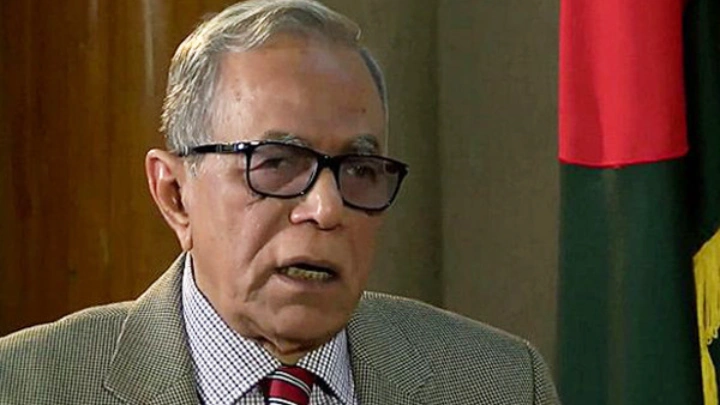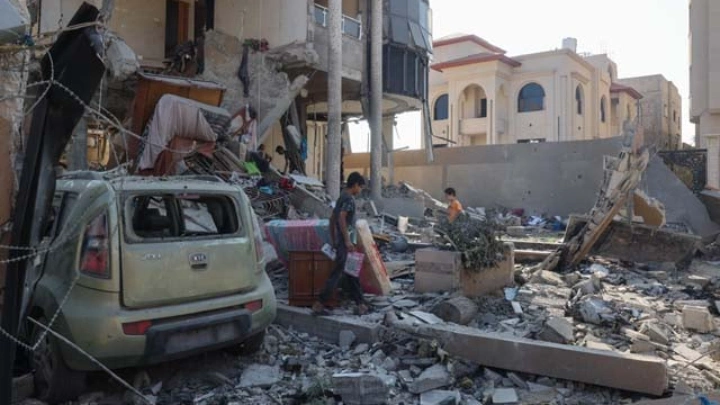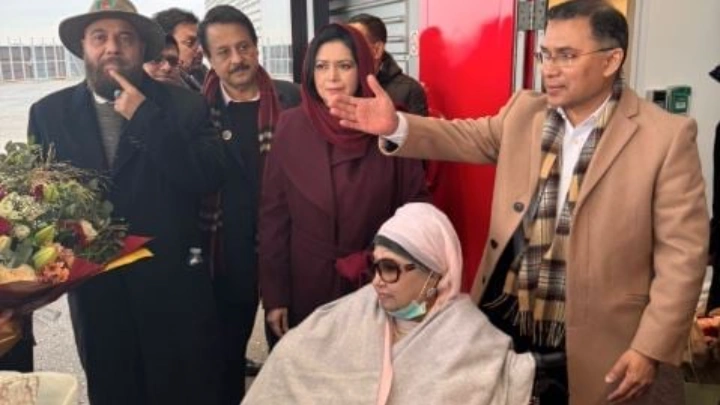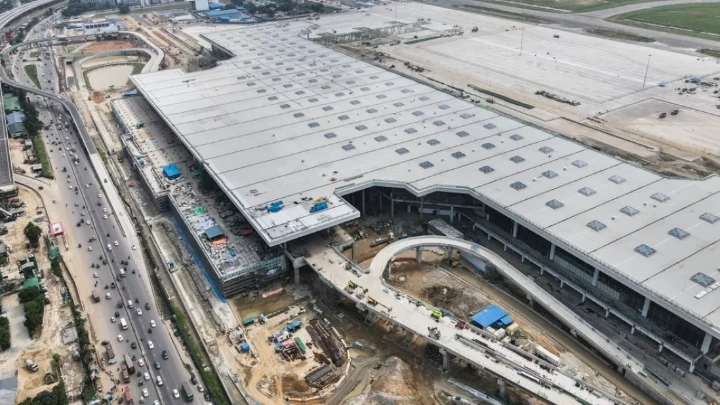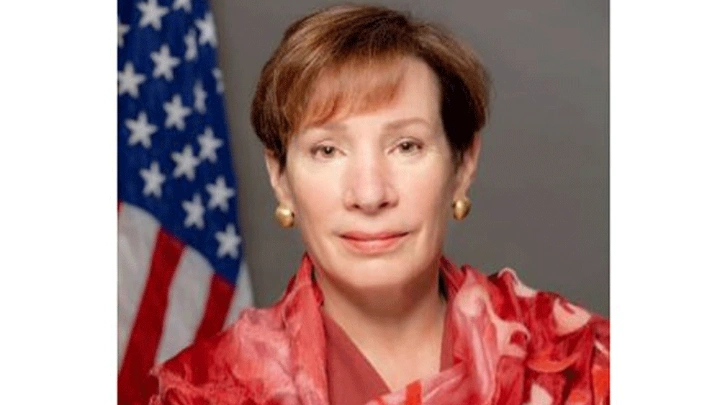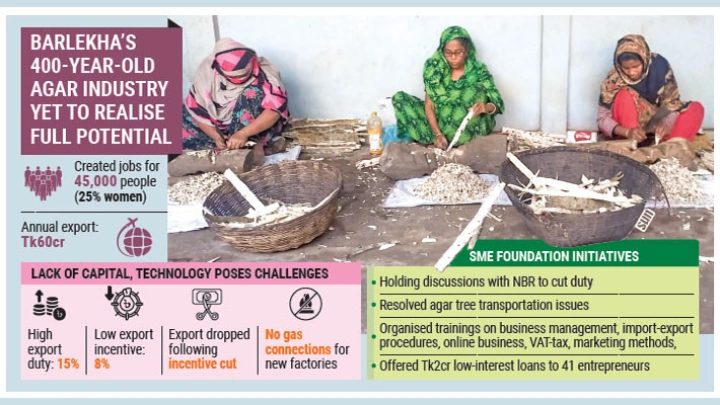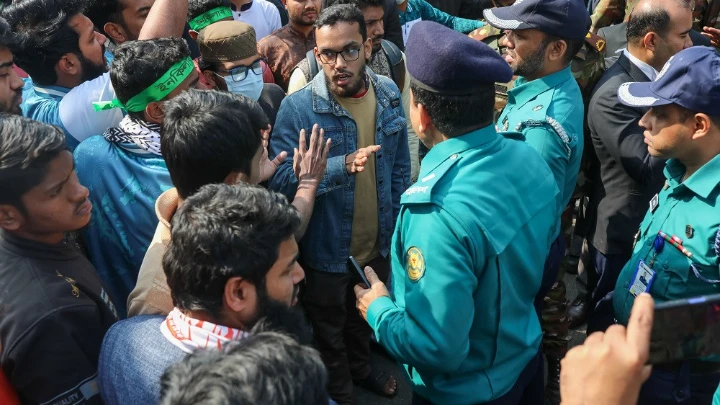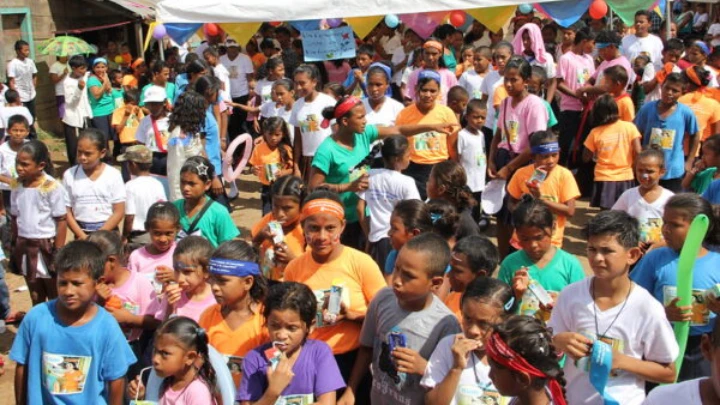Bangladesh to introduce drone technology to assess crop losses
BSS || Shining BD
Bangladesh is preparing to introduce remote sensing and drone technologies to detect crop damages caused by extreme weather events as well as diseases, and to fast track the process, a training programme was launched in the capital on Wednesday.
Around 20 officers of the Department of Agricultural Extension (DAE) are receiving training on using these state-of-the-art technologies under the programme that would run till 25 April with support from Asian Development Bank (ADB).
Ministry of Agriculture’s Additional Secretary Malay Choudhury and ADB Country Director Edimon Ginting inaugurated the 7-day training programme titled “The Use of Drone and Satellite Image for Crop Monitoring and Crop Damage Assessment” on Wednesday at a Dhaka hotel, said a press release.
Renowned geospatial experts from the International Crops Research Institute for the Semi-Arid Tropics (ICRISAT) are conducting the training.
The trainees will receive four days of training on geographical information systems (GIS) and remote sensing analysis for crop damage detection. They would also take part in a three-day field visit to Sylhet to learn about collection of ground data using mobile devices.
Local DAE officials are expected to participate in the training in Sylhet, where the 2022 floods caused major crop damage.
“Proper assessment of crop diseases and losses are critical to take appropriate measures to ensure agricultural productivity and food security in the context of growing threats from climate change in Bangladesh,” said ADB’s Edimon Ginting.
ADB will continue to introduce innovative solutions including advanced technologies in Bangladesh to help the country tackle climate impacts, Ginting added.
With advanced geospatial technology, DAE officers will be able to assess crop damages and arrange effective government programmes to mitigate the expected damages from climate change in the future, said DAE Director General Badal Chandra Biswas.
Following the training programme, ADB and DAE plan to jointly prepare reports on crop damage assessment in the Sylhet region, conduct a feasibility study for an ADB-backed integrated water management project in Gopalganj, and implement a climate-related disaster assessment system at a limited-scale at different local government units across the country.
The Japanese government’s “Japan Fund for Prosperous and Resilient Asia and the Pacific” provided the grant for the training programme through the Asian Development Bank.
Shining BD












